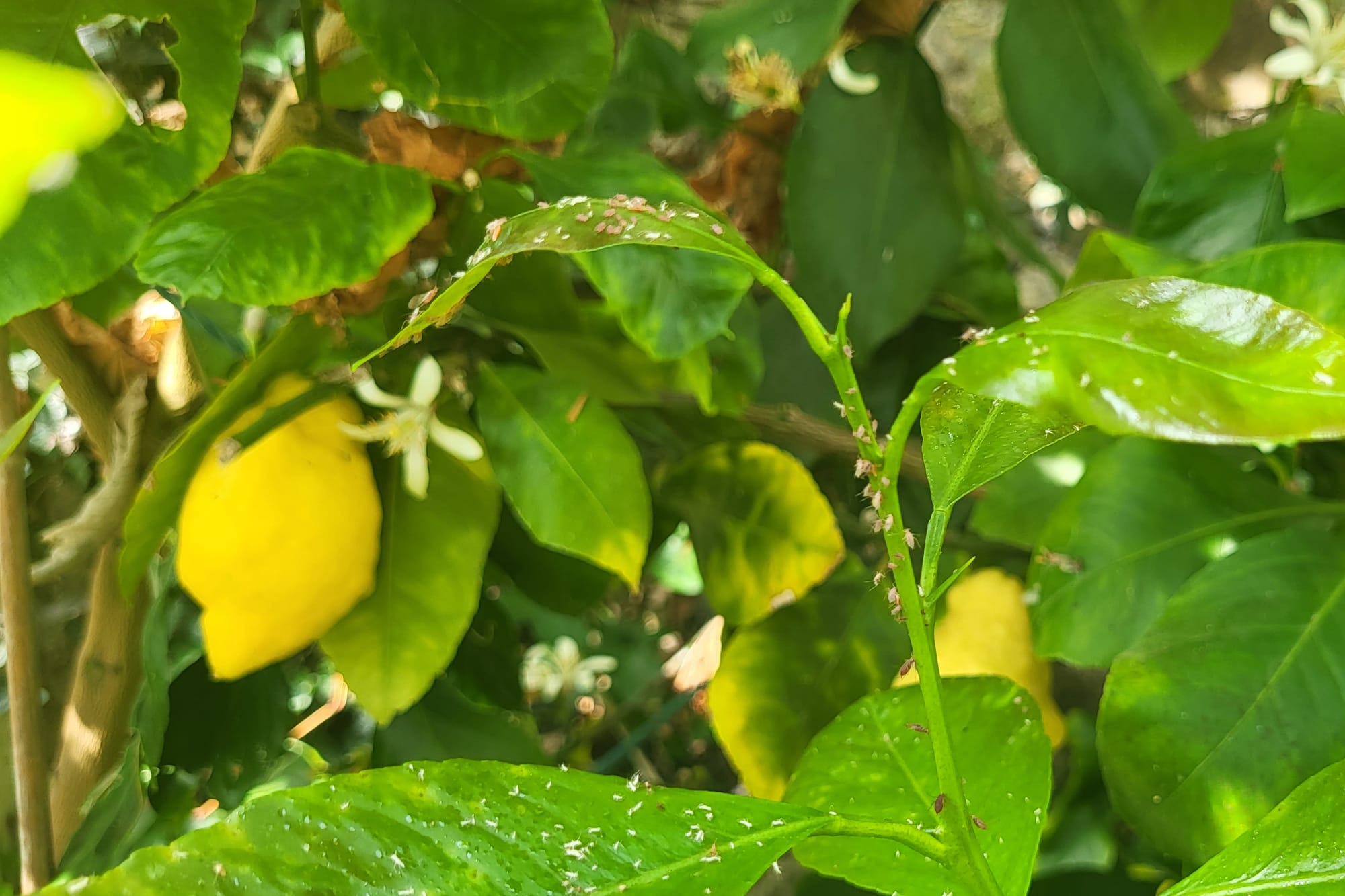What’s the best way to tell area residents about plans for a new asylum shelter nearby?
The government should tell communities directly about plans for new asylum shelters, some activists and politicians say.
The club is partnering with a farm in Clonsilla, which plans to deliver its produce weekly to Dalymount.

“Who said you can’t grow lemons in Ireland,” says Michael Foggarty. He pulls back waxy green leaves to reveal a bright yellow fruit.
The organic farmer is standing inside a sweltering greenhouse, surrounded by plants and pallets.
Here on his farm beside the Clonsilla railway station, he also grows other warm-weather crops in the greenhouse like figs, grapes and chillies – and cayenne peppers and jalapenos too.
He starts planting these in January, he says. He can always whack the heaters on in here if the mercury hits zero. “We can stop things from getting frozen.”
Foggarty has been thinking a fair amount about the variety of vegetables that he can offer over the coming months, he says.
From July, each week he’ll be packing up boxes of his vegetables and some fruit and sending them to Dalymount Stadium in Phibsboro, where customers who have signed up for a share can pick them up.
For Foggarty, this “community-supported agriculture scheme” with Bohemians FC will mean more certainty over the winter, helping him to plan in advance and keep selling when his farm shop is quieter.
In turn, those who sign up get a box of locally grown organic produce at a fair price, says Foggarty. Some people are put off buying organic food because they think it will be prohibitively expensive, he says.
“Organic is not expensive if you’re buying direct from me,” he says. “There is no middleman.”
Bohemians FC plans to run the community-supported agriculture scheme from July through March, says the project coordinator, Katlyne Armstrong.
“We’re asking people to commit to three months at a time,” she says.
Each week, participants will pick up a box of organic veg, with occasional fruit and other items, from Dalymount Stadium.
They’re still refining costs, says Armstrong. But current thinking is for it to be around €200 for three months, or around €17 paid weekly.
People who think they can’t manage to get through all those veggies alone can team up with someone to split the box, she says.
She also plans to organise a farm visit in June for anyone interested, she says. “It’s really creating a community around food.”
Foggarty says that if any participants are interested in growing but don’t have space, they are welcome to come and volunteer on the farm.
Foggarty feels a bit of pressure to make sure the vegetable boxes are appealing, he says, now sat at a picnic table at the entrance to the farm.
He lives in Dublin 7 and is one of the owners of L. Mulligan Grocer, a gourmet food pub in Stoneybatter.
His reputation is on the line, he says. “I can’t get it wrong.”
He will provide variety in every box over the nine months that the project runs, he says, all food that is local, organic and seasonal. “I’ve to make sure these vegetable boxes look amazing.”

He’ll have spuds from October, he says. And he grows all the traditional winter vegetables, like cabbage, broccoli, onions and turnips – but also grows mixed leaves in a polytunnel during those cold months.
He plans to add pumpkins for Halloween and holly at Christmas.
He also makes jam, chutney and pickles so they could end up in the boxes too. “There is lots of little surprises that we could be adding in,” he says.
Fruit and veg that comes from Spain takes six or seven days to get to Ireland so it’s no longer fresh when it reaches supermarket aisles, says Foggarty.
“People are amazed by our salads and how long they last because they are harvested the day they are sold or the day before,” he says.
There is one popular vegetable he warns they won’t include. At all, ever. “We ain’t doing carrots,” he says.
“If anyone came in here with a set of carrot seeds,” he says, with a sweep of the hand to brush the imaginaries away.
Carrot fly can be difficult to manage on an organic farm, he says. The farmer has to cover carrots in netting but, still, flies can get in when they take nets off to weed.
In general, Irish growers are in decline, he says, and Ireland has one of the lowest rates of producing organic vegetables in the European Union.
But, if all goes well with this community link-up, Foggarty has one large field given over to bales of hay and another is fully fallow, he says – which could be, maybe, room to expand.
For more information about the community-supported agriculture scheme, contact katlyne.armstrong@bohemians.ie.
Get our latest headlines in one of them, and recommendations for things to do in Dublin in the other.